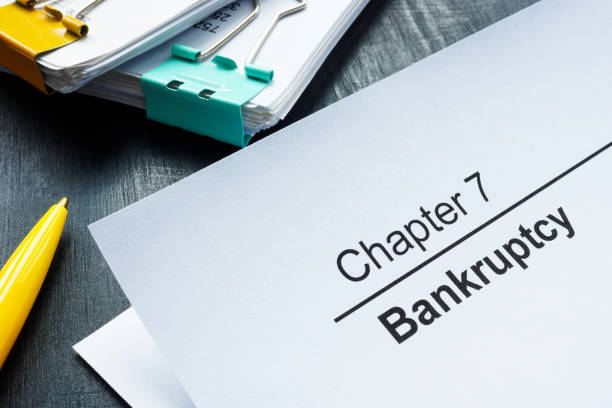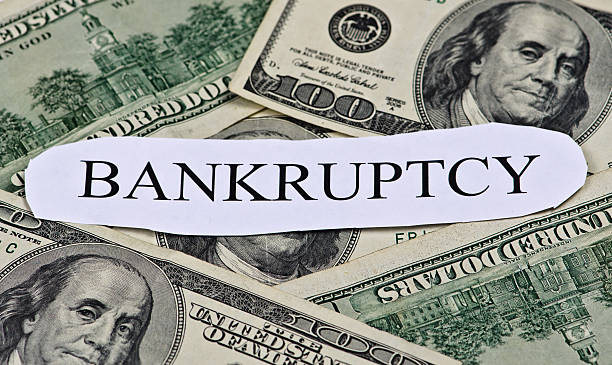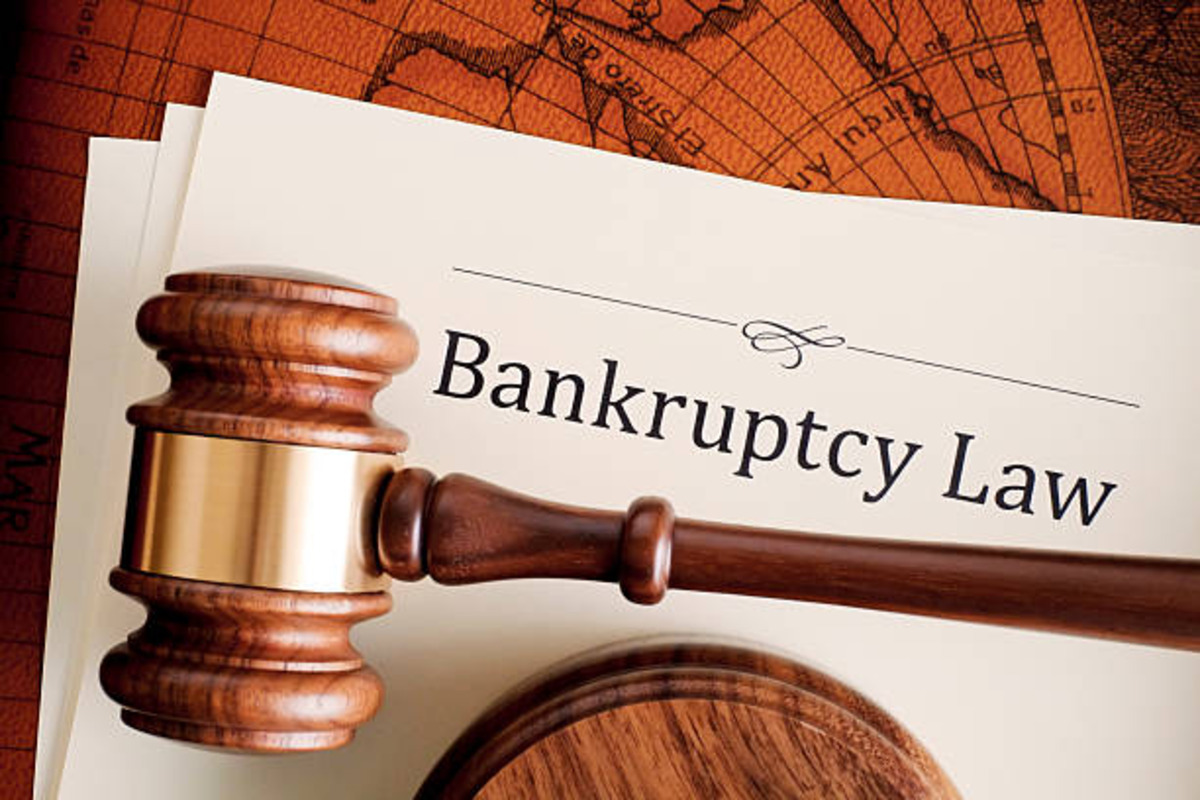Filing for bankruptcy can be a critical step in overcoming overwhelming debt, but understanding the differences between Chapter 7 and Chapter 13 bankruptcy is essential. These two types of bankruptcy offer different approaches to managing debt and have distinct eligibility requirements, processes, and outcomes. Making the right choice depends on your financial situation, income level, and long-term goals.
What is Chapter 7 Bankruptcy?
Chapter 7 bankruptcy, commonly referred to as liquidation bankruptcy, is designed for individuals facing severe financial distress who cannot repay their debts. This process allows debtors to discharge most unsecured debts, such as credit card bills, medical expenses, and personal loans.
Key Features of Chapter 7 Bankruptcy
- Debt Discharge: Most unsecured debts can be eliminated, providing a fresh financial start.
- Means Test: Applicants must pass a means test to prove their income falls below the median for their state.
- Asset Liquidation: Non-exempt assets may be sold to repay creditors.
- Duration: The process typically concludes within three to six months.
- Automatic Stay: Once filed, creditors must cease collection activities.
However, not all debts can be discharged under Chapter 7. Obligations like student loans, child support, and tax debts usually remain intact. Additionally, individuals may risk losing non-exempt assets, such as luxury vehicles, vacation homes, or valuable collections.
For more information on legal proceedings and to consult with professionals, visit
Legal Case Review.

What is Chapter 13 Bankruptcy?
Chapter 13 bankruptcy, also known as a wage earner’s plan, enables individuals with a regular income to develop a repayment plan to clear their debts over a period of three to five years. This option allows debtors to keep their assets while making affordable monthly payments.
Key Features of Chapter 13 Bankruptcy
- Repayment Plan: Debtors propose a repayment plan based on their disposable income.
- Asset Protection: Individuals can retain their assets, such as homes and vehicles.
- Debt Limits: Unsecured debts must be less than $465,275, and secured debts must be under $1,395,875.
- Automatic Stay: Filing immediately stops collection actions and foreclosure processes.
- Flexible Modifications: Plans can be adjusted based on changing financial circumstances.
Chapter 13 bankruptcy is ideal for those with a steady income who want to avoid losing their property. However, committing to a repayment plan for several years requires financial discipline.
Ready to connect with top legal professionals? Get immediate support— Call us at 877-550-8911.
Connect with Our Legal Team
Eligibility Requirements for Chapter 7 vs. Chapter 13 Bankruptcy
Chapter 7 Eligibility
To qualify for Chapter 7 bankruptcy, individuals must pass a means test, which assesses whether their income is below the median income in their state. The test considers:
- Household Income: Compared against the median income for the state.
- Expenses: Essential living costs like food, rent, and medical expenses.
- Financial Hardship: Inability to repay debts without selling assets.
If an individual does not qualify, they may need to consider filing for Chapter 13 bankruptcy.

Chapter 13 Eligibility
For Chapter 13 bankruptcy, the eligibility requirements include:
- Stable Income: Proof of a regular income to sustain the repayment plan.
- Debt Limits: Unsecured debts under $465,275 and secured debts under $1,395,875.
- Current Tax Filings: Must have filed taxes for the past four years.
For accurate and up-to-date information on bankruptcy eligibility, consult resources like
National Consumer Law Center.
Filing Process: Chapter 7 vs. Chapter 13 Bankruptcy
Filing for Chapter 7 Bankruptcy
- Credit Counseling: Mandatory credit counseling within six months of filing.
- File Petition: Submit a bankruptcy petition with detailed financial information.
- Automatic Stay: Stops all collection efforts from creditors.
- Meeting of Creditors: Attend a 341 meeting to answer questions about your finances.
- Debt Discharge: Eligible debts are discharged, typically within three to six months.
Filing for Chapter 13 Bankruptcy
- Credit Counseling: Complete a counseling course before filing.
- File Petition: Submit documentation of income, expenses, and assets.
- Propose a Repayment Plan: Develop a plan to repay creditors over three to five years.
- Court Approval: The court must approve the repayment plan.
- Debt Repayment: Make regular payments through a bankruptcy trustee.
Impact on Credit Scores: Chapter 7 vs. Chapter 13 Bankruptcy
Filing for bankruptcy significantly impacts credit scores, but the severity varies.
- Chapter 7 Bankruptcy: Remains on credit reports for up to 10 years. The initial impact can reduce scores by 100-200 points.
- Chapter 13 Bankruptcy: Stays on credit reports for seven years, and the repayment plan may reflect positively over time.
According to
Experian, rebuilding credit post-bankruptcy involves maintaining on-time payments, securing new lines of credit, and monitoring credit reports regularly.
Exemptions and Asset Protection
Chapter 7 Exemptions
Certain assets may be exempt from liquidation, including:
- Primary Residence: Protected under homestead exemptions.
- Personal Property: Essential items like clothing and appliances.
- Retirement Accounts: 401(k)s and similar accounts are typically protected.
Chapter 13 Asset Protection
Chapter 13 allows debtors to keep all assets, provided they adhere to the repayment plan. This makes it an attractive option for individuals wanting to protect their homes, vehicles, and other valuable possessions.
Frequently Asked Questions (FAQs)
1. Can I switch from Chapter 13 to Chapter 7 bankruptcy?
Yes, under certain circumstances, individuals can convert their Chapter 13 bankruptcy to Chapter 7 if they meet the eligibility criteria.
2. Will bankruptcy eliminate all my debts?
Not all debts are discharged. Obligations like student loans, child support, and certain tax debts usually remain.
3. How long does the bankruptcy process take?
Chapter 7 typically takes three to six months, while Chapter 13 involves a three to five-year repayment plan.
4. Can I keep my house in Chapter 7 bankruptcy?
It depends on state exemptions. If your equity falls within the exemption limit, you may keep your home.
5. How soon can I rebuild my credit after bankruptcy?
With responsible financial behavior, credit scores can improve within one to two years after bankruptcy discharge.
Understanding wrongful death damages can provide some relief during a difficult time, ensuring that justice is served and financial burdens are eased.
Don’t wait to secure the legal representation you deserve. Visit Legal Case Review today for free quotes and tailored guidance, or call 877-550-8911 for immediate assistance.





